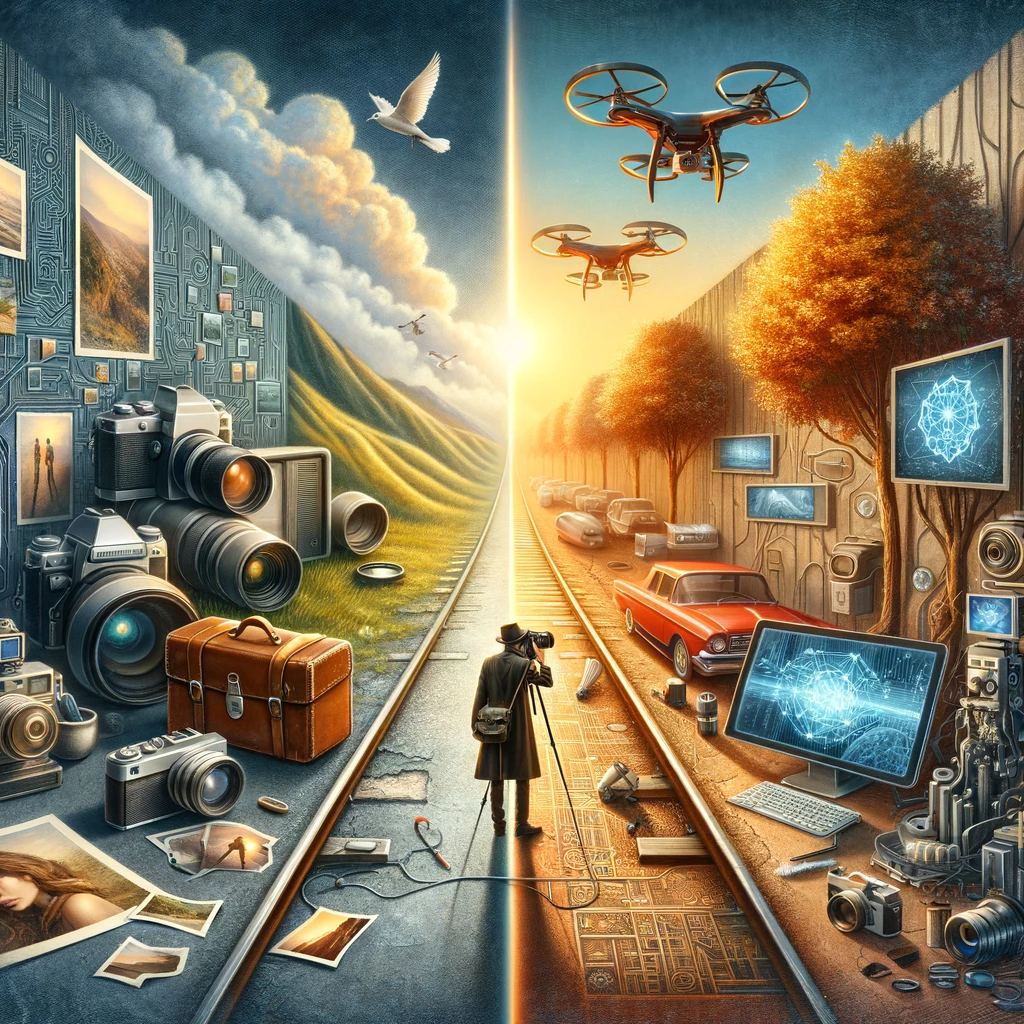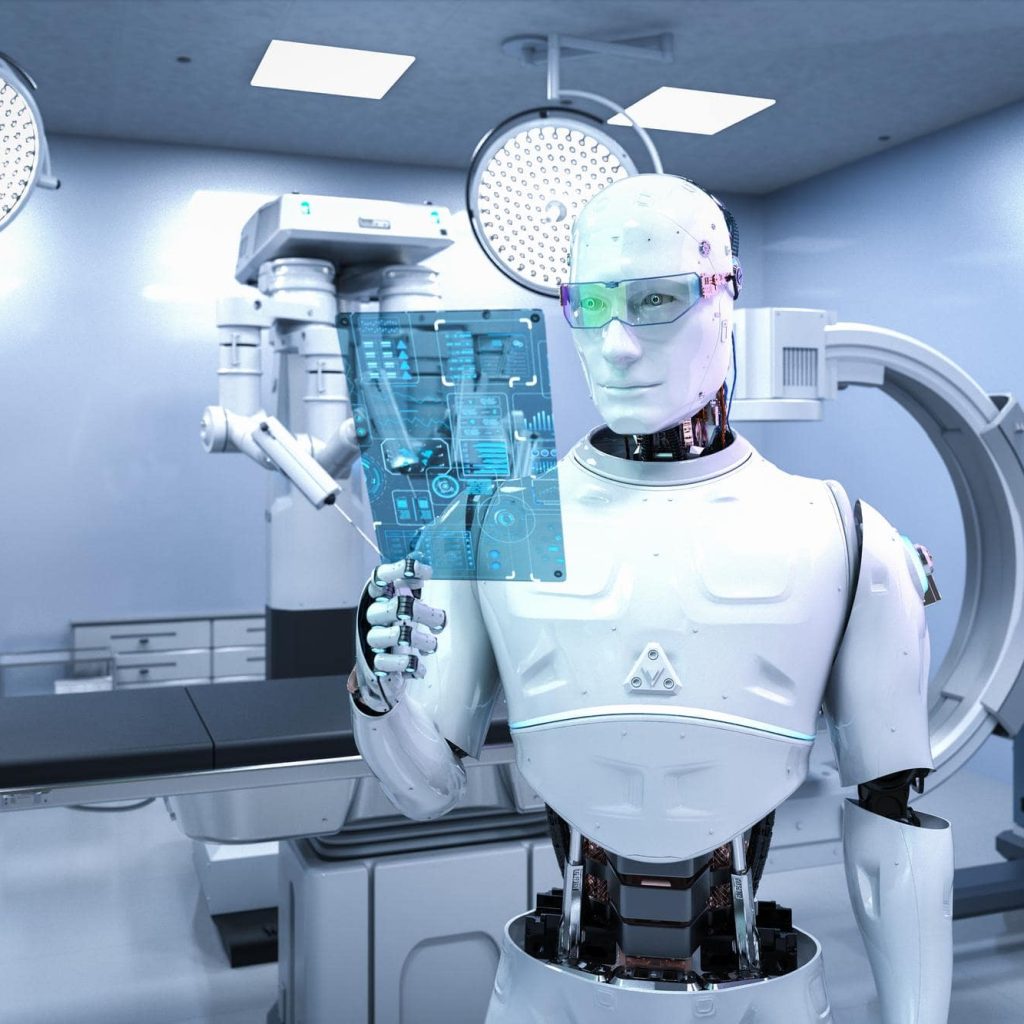As artificial intelligence (AI) technology continues to advance rapidly, questions arise regarding the potential impact on various professions. Among them, professional photography faces the challenge of evolving from a skill-based art to a technology-driven field. While some experts express concerns about the potential obsolescence of traditional photography skills, others believe in the enduring value of human creativity.
The evolution of photography in the age of AI
A recent report published on Medium suggests that AI and image processing are fundamentally transforming the field of photography. This transformation is shifting the focus from skill-based artistry to technology-driven solutions. As AI capabilities continue to improve, high-quality photography becomes more accessible to a wider audience. This shift challenges the traditional concept of professional photography as a unique skill.
AI’s impact on photography skills
The report emphasizes how AI’s ability to handle complex tasks is changing the landscape of photography. Tasks such as composition and post-processing, which previously required human expertise, are now being automated by AI. Consequently, the need for extensive professional training in photography is diminishing, making the field more accessible to novices.
Despite the promise of AI in enhancing photography, concerns have been raised by experts who believe that AI should not replace human creativity. Jake Denton, a research associate at the Heritage Foundation’s Tech Policy Center, highlights the distinction between AI-generated art and human artistry. While algorithms can replicate artistic styles and techniques, they lack the nuanced sensibilities, depth, and emotional resonance that human artists infuse into their work. Denton argues that true art requires insights, imagination, and a unique human perspective.
Preserving human perspectives in art
Denton underscores the importance of preserving human perspectives in art and creativity. While technological advancements offer impressive possibilities, they cannot replicate the depth of human-made creative works. He advocates for a critical approach to AI-generated art to ensure that human creativity remains central in the world of photography and other creative fields.
Diverse opinions on the role of AI in photography
Not all experts share the same concerns about AI’s impact on professional photography. Some argue that AI technology, particularly in smartphone cameras, has made it easier for individuals to capture high-quality photos. While AI can streamline certain aspects of photography, it cannot fully replace the ingenuity and perspective of human photographers. This perspective suggests that creative professions like photography may be more insulated from the threat of AI than others.
The consumer perspective
Phil Siegel, founder of the Center for Advanced Preparedness and Threat Response Simulation (CAPTRS), points out that AI’s role in photography may ultimately be driven by consumer preferences. People can choose to take their own photos or hire professional photographers, much like they can decide to cook their meals or hire chefs. In this context, AI’s impact on photography may lead to more choices for consumers, focusing on service, time, distribution, and cost rather than the quality or cost of equipment.
Professional photography’s future
Aiden Buzzetti, President of the Bull Moose Project, remains optimistic about the future of professional photography. He acknowledges that AI tools in cameras, especially on mobile phones, have made photography more accessible to the general public. While there may be short-term shifts as more people enter the field and edit their photos with AI tools, Buzzetti believes that professional photography will not become obsolete. Instead, he suggests that photography will continue to be valued for its real-world authenticity, and AI may support artistic endeavors rather than replace them.
The rapid advancement of AI technology has raised questions about the future of professional photography. While some express concerns about the potential obsolescence of traditional photography skills, others believe in the enduring value of human creativity. The role of AI in photography may evolve, but the unique perspectives and insights provided by human photographers are likely to remain central to the art form.





